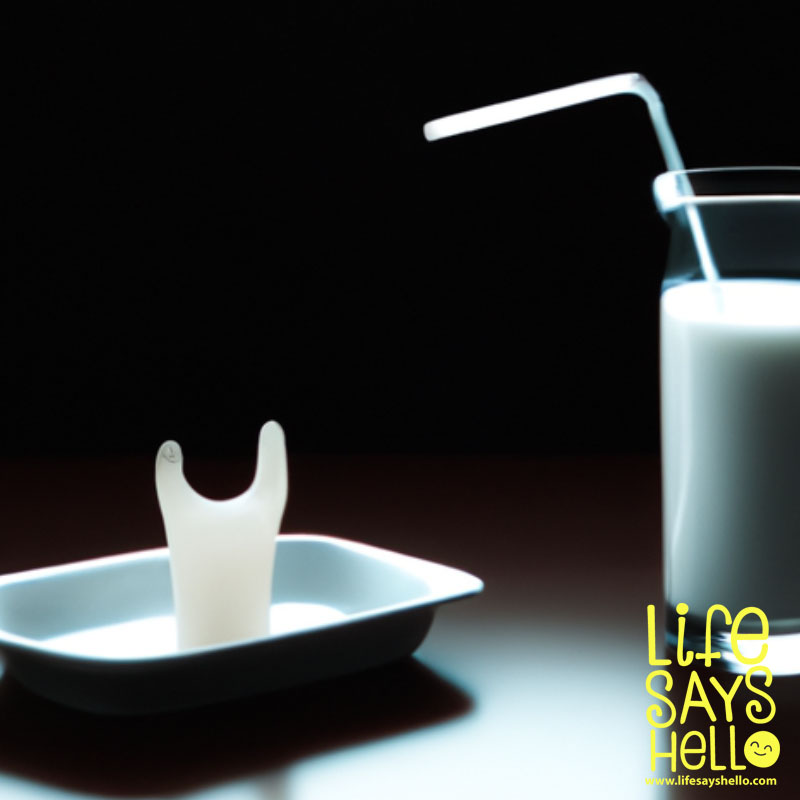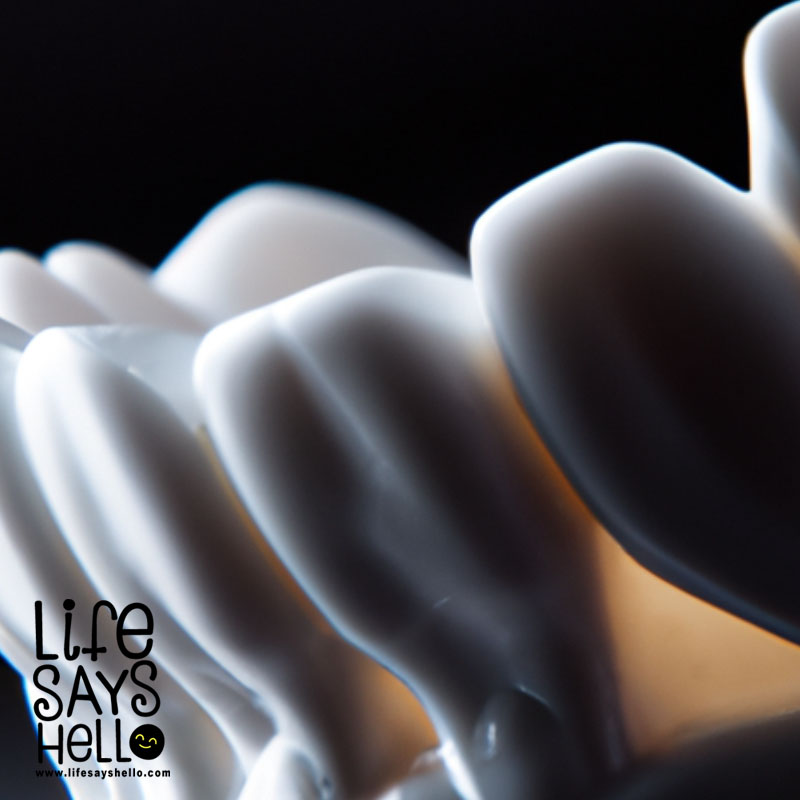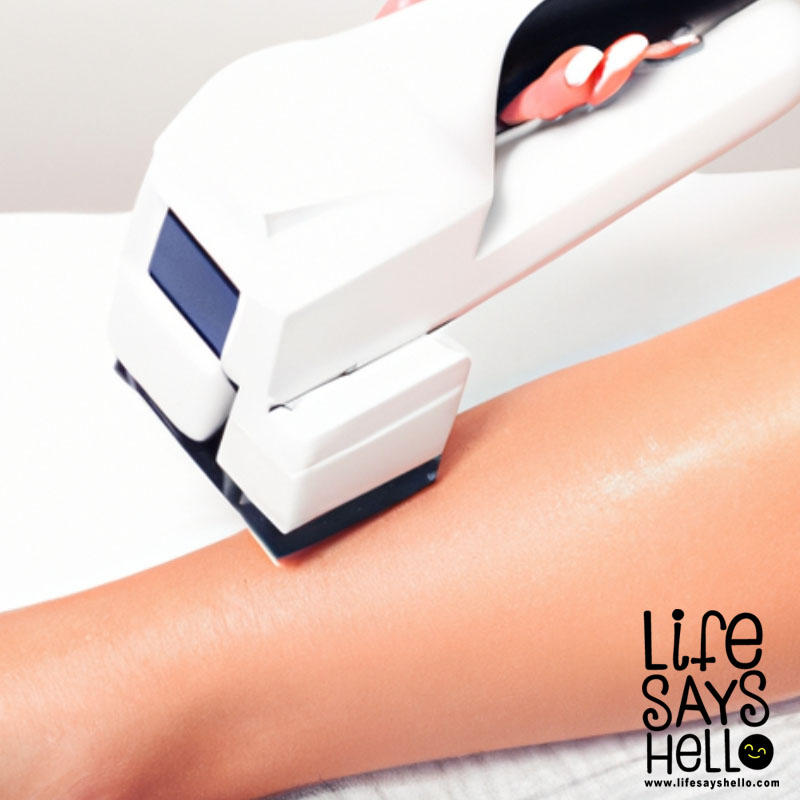Why No Dairy After Dental Implant: All You Need to Know

Why No Dairy After Dental Implant: All You Need to Know
If you are planning to get dental implants, it is essential to be aware of the foods you should avoid after the procedure. One of the most common instructions given by dentists is to avoid dairy products for a certain period. This may seem inconvenient, but there’s a good reason behind it.
In this article, we will discuss why you should avoid dairy after dental implant surgery.
Why Is Dairy A Problem After Dental Implant Surgery?
Dental implant surgery is a highly invasive procedure that requires careful post-operative care. During the healing process, it is essential to give the implant site the best chance of success. Dairy products can interfere with the healing process and potentially compromise the outcome of the procedure.
The Role of Calcium in the Healing Process
Calcium is an essential mineral that plays a crucial role in the healing of bones. Dental implants involve the placement of a metal post (usually made of titanium) into the jawbone. The bone tissue then grows around the post to secure it in place. This process, known as osseointegration, can take several months.
During this process, calcium is required to promote bone growth and strengthen the newly formed bone tissue. Calcium is also necessary for the formation of blood clots, which are crucial for wound healing.
Dairy products are an excellent source of calcium, but they can also interfere with the body’s natural calcium balance. A high intake of dairy products after dental implant surgery can lead to calcium imbalances, which may hinder the healing process.
The Problem with Lactose
Another issue with dairy products is that they contain lactose, a sugar found in milk. Lactose intolerance is a common condition that affects up to 65% of the world’s population. People with lactose intolerance lack the enzyme lactase, which is responsible for breaking down lactose.
Consuming dairy products that contain lactose can cause digestive issues such as gas, bloating, and diarrhea. These side effects can be uncomfortable, especially during the healing process.
The Importance of Following Your Dentist’s Instructions
Your dentist will give you specific instructions on how to care for your dental implants after the procedure. It is essential to follow these instructions carefully to ensure the best possible outcome.
Avoiding dairy products for a certain period is just one of the many post-operative care instructions you may receive. Other instructions may include:
- Not eating hard or crunchy foods that can damage the implant site
- Avoiding smoking or tobacco products
- Rinsing your mouth with an antibacterial mouthwash
- Taking antibiotics to prevent infection
By following these instructions, you can help ensure that your dental implants heal correctly and last for many years to come.
Alternative Calcium Sources
If you are concerned about getting enough calcium while avoiding dairy products, several alternative sources are available. Some of the best non-dairy sources of calcium include:
- Leafy green vegetables such as broccoli, kale, and spinach
- Soy products such as tofu, soy milk, and edamame
- Nuts and seeds such as almonds and chia seeds
- Fish such as salmon and sardines
By incorporating these calcium-rich foods into your diet, you can ensure that your body has all the nutrients it needs to heal properly after dental implant surgery.
Conclusion
Dental implant surgery is a significant investment in your oral health and well-being. By avoiding dairy products after the procedure, you can give your body the best chance of healing correctly.
Remember to follow your dentist’s instructions carefully and focus on getting calcium from non-dairy sources to promote healthy bone growth. With proper care, your dental implants can last a lifetime.




Comments